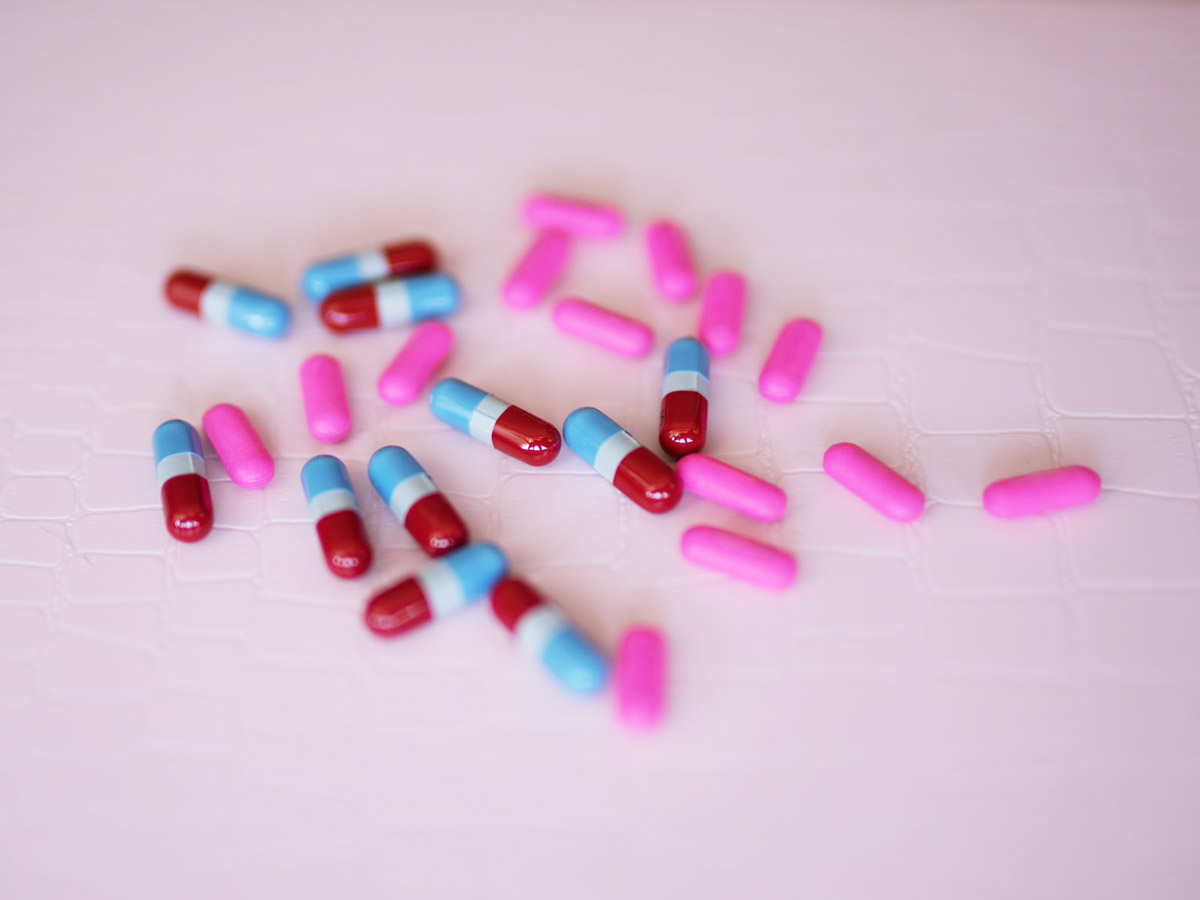Nootropics are becoming increasingly popular among students looking to improve their performance in school. But what are they, and are they effective and safe for kids to take? In this blog post, we will explore the benefits of nootropics for students, as well as the potential risks associated with their use. We will also answer some of the most common questions parents have about nootropics and whether they are right for their children. By the end of this post, you should have a better understanding of nootropics and how they can impact a student’s academic performance.
What Are Nootropics?
Nootropics are a class of supplements that are often associated with improving cognitive function. However, nootropics can have a variety of benefits for students of all ages. Below, we’ll outline the key benefits of using nootropics for students and the possible risks and side effects that should be considered before starting any supplement regimen.
First and foremost, nootropics can help to improve focus, concentration, and memory. They can also help to combat anxiety and depression in students, as well as enhance general cognitive function. In addition to these traditional benefits, nootropic supplements can also have unexpected benefits such as increasing creativity or productivity.
When it comes to choosing which nootropic supplements to take, it is important to consider the specific needs of your child. For example, some children may benefit from supplements that increase energy levels while others might need supplements that promote sleep quality. It is also important to make sure that the nootropic supplement you choose is natural and safe for use – nothing is more frustrating than starting a regimented supplement regimen only to have adverse effects later on!
While taking any type of supplement requires caution and consultation with a doctor, using nootropics in particular can be very beneficial for students of all ages. If you’re considering using them in your student’s arsenal of tools for learning and success, consult with a doctor first so you know what’s safe for them and what effects they may experience. Nootropics are certainly worth exploring!
Benefits Of Taking Nootropics For Students
Nootropics are a class of supplements that are commonly used to improve cognitive function and performance. While nootropics are not new, they have recently become popular among students. There are many benefits to taking nootropics for students, including improved concentration and focus, enhanced learning capacity, increased productivity, increased cognitive recall, boosted motivation and drive, decreased stress and improved mental clarity, help to prevent mind wandering, and enhancement of creativity.
While nootropics are not a cure-all for all mental issues or difficulties students may experience, they can be an effective tool in the arsenal against many common problems. For example, improving concentration and focus can help students excel in school by improving their ability to pay attention and focus on tasks. Additionally, enhanced learning capacity can help students learn more quickly and retain information better than ever before. Finally, increased productivity can lead to less time spent studying for exams or struggling with homework – both of which would be beneficial for any student!
Nootropics also have the potential to support short-term recall as well as a long-term recall – something that is especially important when it comes to studying for exams or writing papers. Additionally, they can boost motivation by increasing the drive toward achieving goals. Lastly – perhaps most importantly – nootropics help reduce stress levels which can lead to better mental clarity and overall cognitive function.
In summary then: while nootropics may not be a magic bullet that solves all your problems as a student (that’s what medication is for!), they certainly have a lot of potential benefits that should not be overlooked!
Are Nootropics Safe For Kids?

Are you looking for ways to improve your child’s cognitive performance? If so, you may be considering using nootropics. Nootropics are a type of supplement that has been shown to improve brain health in adults and children. However, there are a few things that you should know before making any decisions.
First, what are nootropics? Nootropics are substances that have been shown to improve cognitive performance. They can do this by increasing blood flow to the brain, improving communication between the brain cells, or enhancing nerve function.
Second, how can nootropics benefit children developmentally? The benefits of using nootropics for children depend on their age and stage of development. For younger children, nootropics may help with learning and memory functions. Adolescents and adults, may help with focus and concentration. Additionally, nootropics may help to increase creative thinking abilities.
Third, what are the potential side effects of using nootropic supplements in children? The most common side effects of using these supplements in kids include headaches, dizziness, nausea/vomiting, increased heart rate/blood pressure levels, abnormal behavior/attention span changes (irritability or hyperactivity), sleep disturbances (insomnia or excessive daytime sleepiness), and weight gain/weight loss. However, as with all supplements – consult with a healthcare professional before taking them if you have any concerns about possible side effects.
Fourthly, there are natural alternatives to pharmaceutical-grade nootropics available on the market today. These alternatives include vitamins B6 and B12 (as well as other minerals), fish oil supplements (especially omega-3s), choline supplements (for pregnant women), ginkgo biloba extract, ashwagandha extract, curcumin extract, caffeine, and guarana. While these alternatives don’t provide the same level of cognitive enhancement as pharmaceutical-grade nootropics do – they can still provide some benefits regarding brain health overall.
Additionally – many of these substances also have additional benefits such as reducing inflammation, helping to prevent age-related memory loss, promoting better mental clarity, improving mood swings, boosting energy levels, aiding in weight loss efforts, fighting depression symptoms, protecting against anxiety disorders… etc. So while not every child will need or benefit from taking a supplement like a nootropic – it’s worth exploring all options available before making any decisions.
Common Questions Parents Have About Nootropic Usage
Are you curious about nootropics but don’t know where to start? No worries! We’ve got you covered. Nootropics are a class of drugs that are often marketed to improve cognitive function, and they’re becoming increasingly popular among students. But are they really effective? And are there any long-term side effects? We’ll answer these questions and more below.
What are nootropics, exactly? Nootropics are drugs that have cognitive benefits, such as improving memory or focus. They’re often marketed to students as a way to boost their academic performance, but there is some debate over whether they actually work. Some people believe that nootropics only work in the short term and may have little or no impact on long-term cognitive function.
Are there any long-term side effects to worry about when considering using nootropics for your child? There is some evidence that suggests long-term use of some nootropics may lead to negative consequences like addiction or dependence. It’s important to monitor your child’s dosage and duration of use so that any potential risks can be avoided.
Now that you know a little bit about nootropics, what should you look for when shopping for them? Most products available on the market today fall into one of two categories: smart drugs or nootropic supplements. Smart drugs are synthetic substances designed to improve cognitive function, while nootropic supplements contain natural ingredients like herbs or vitamins that have been claimed to enhance cognition in the past. It’s important to choose a product with ingredients backed by research if you want to be sure it will be effective for your child.
Finally, what should parents expect from smart drugs like modafinil and racetams? While most users report positive results from using these products, it’s important not to overuse them – especially if your child doesn’t have an official diagnosis of ADHD or other conditions associated with enhanced cognition. In general, recommended dosages range from 100 mg per day up to 2000 mg per day – with the majority of users reporting good results at dosages between 500 mg and 1000 mg per day.
We hope this article has helped clear up some of the common questions parents have about using nootropic supplements for their children! Remember: talk with your doctor before starting any new supplement regimen – even if it’s something as simple as taking a vitamin supplement!
Conclusion
Nootropics can be a great way for students to boost their focus and concentration, although parents should be cautious about giving them to young children. While there are some benefits associated with nootropics, more research is needed to ensure that they are safe for kids. If you are a parent considering giving nootropics to your child, it is important to speak with their doctor first and learn as much as possible about the potential risks and benefits. With the right information, you can make an informed decision about whether or not nootropics are right for your family.

